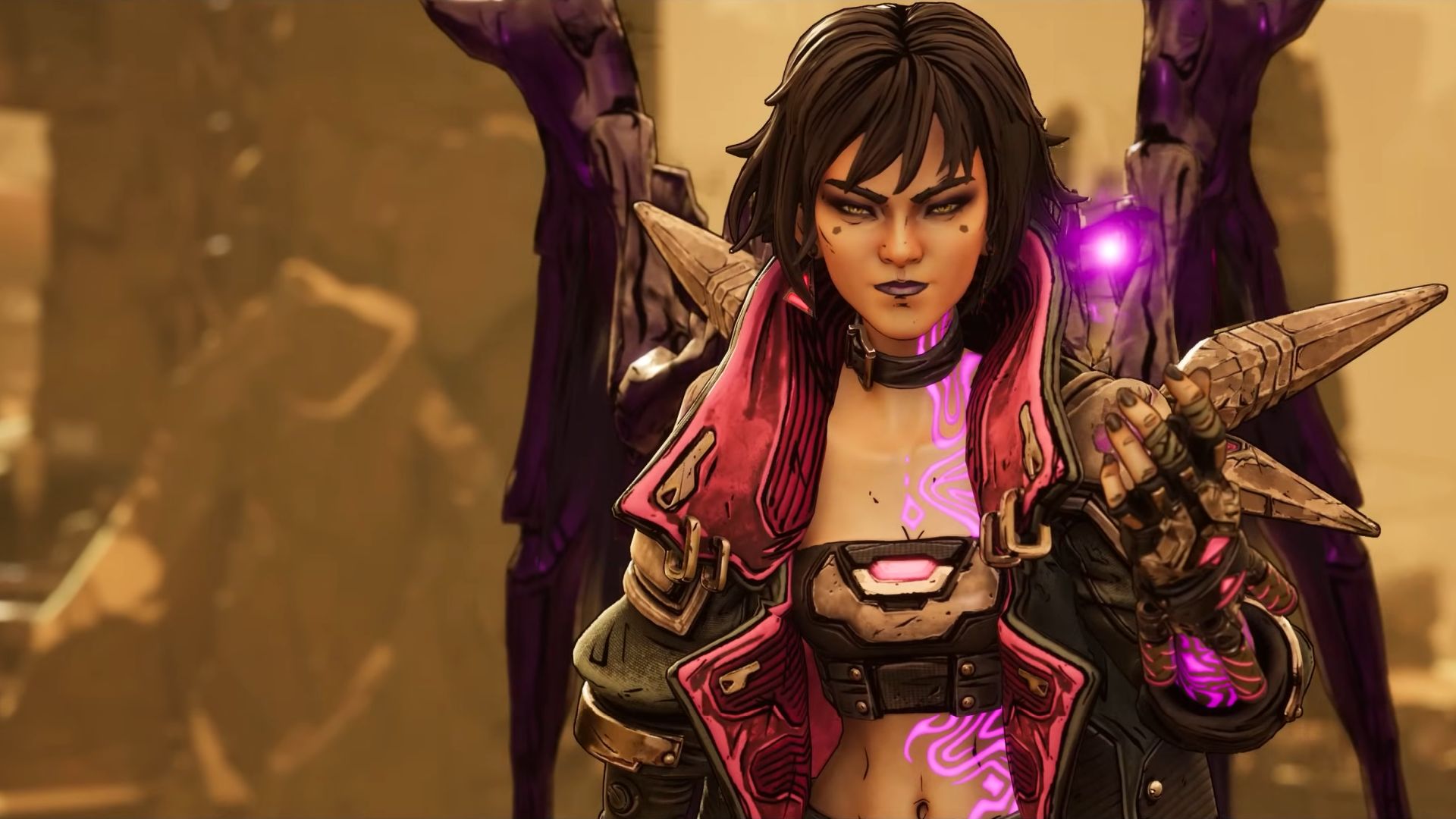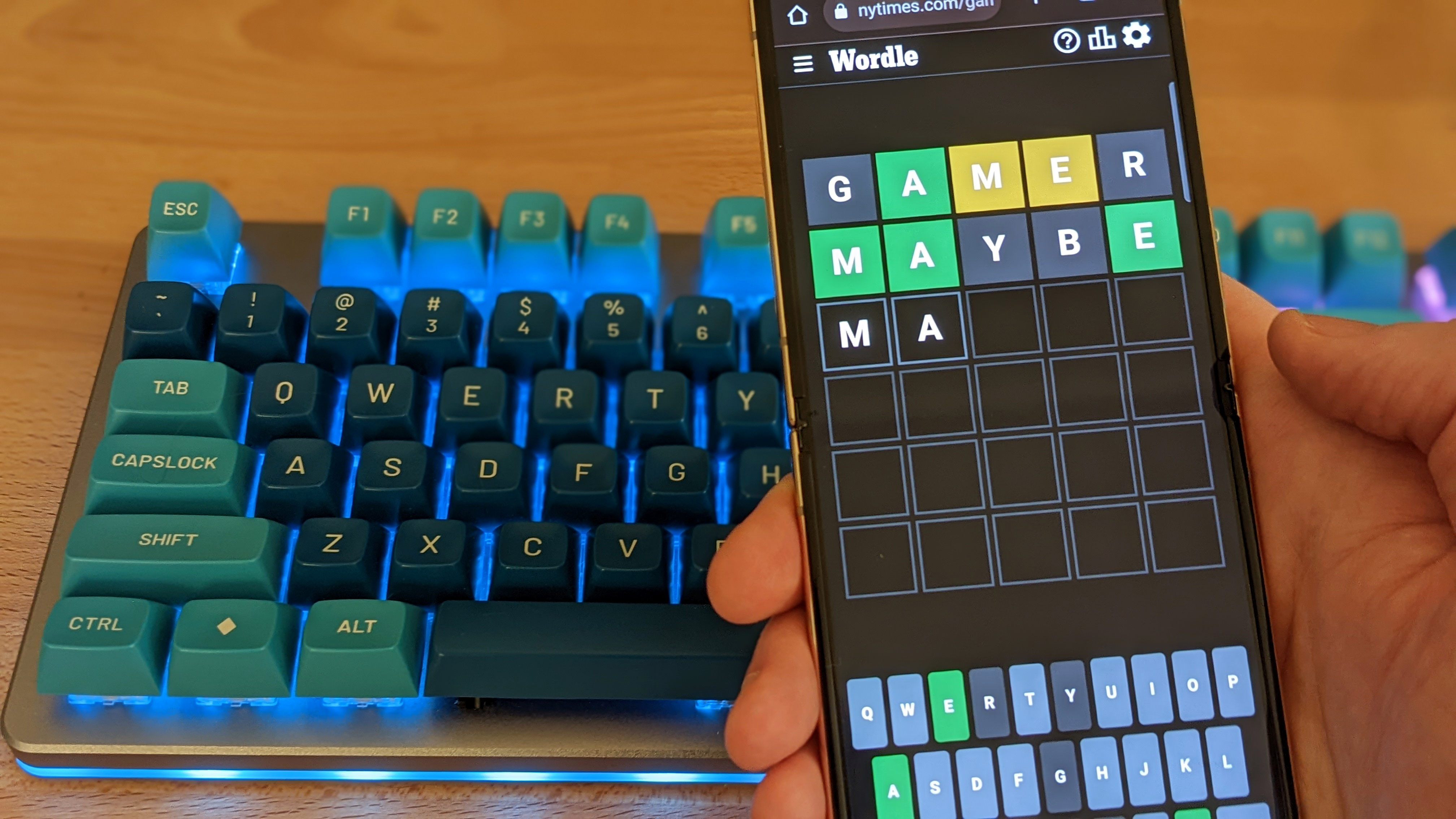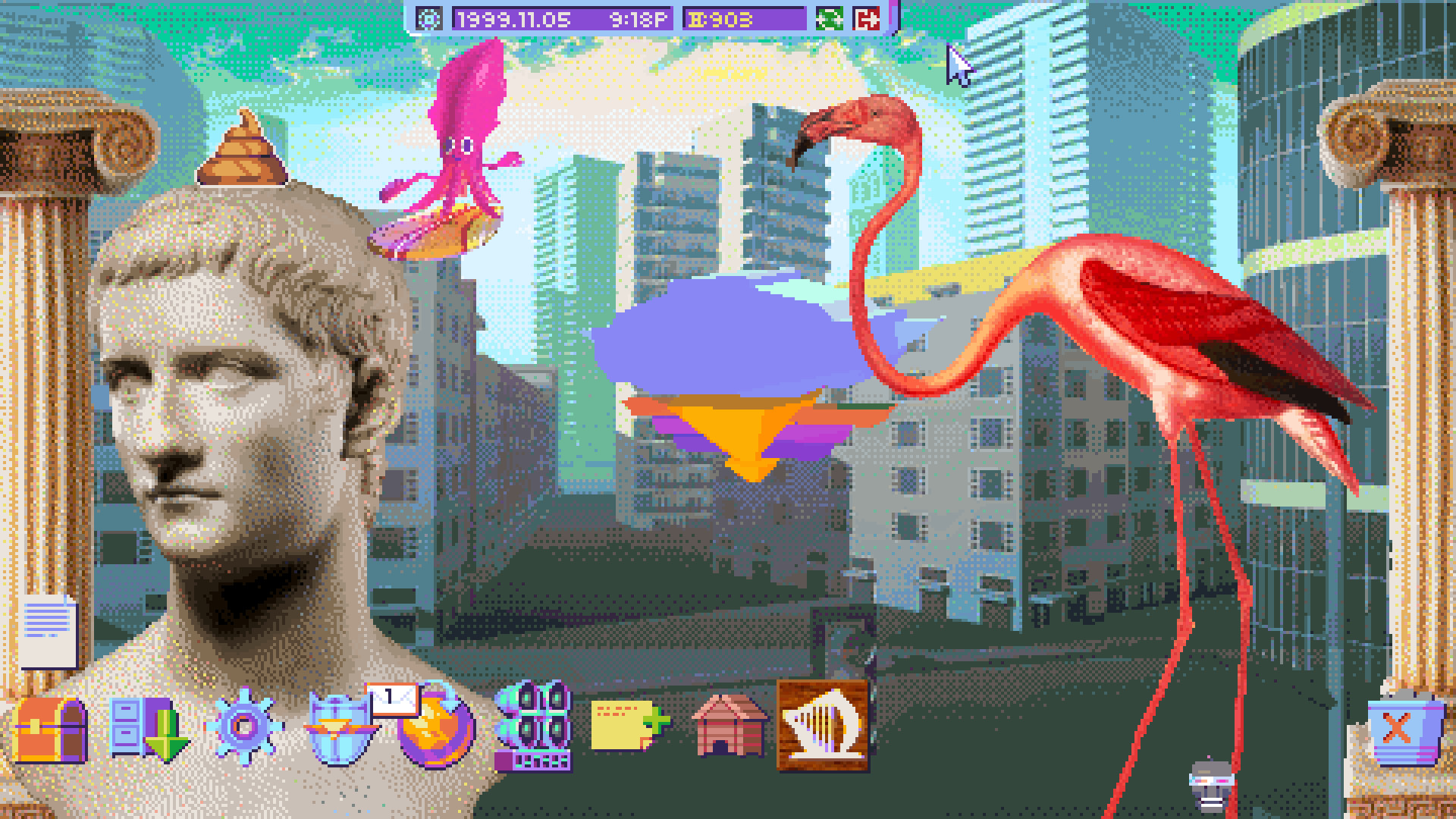
Silent protagonists are nothing new in video games, but Stray certainly pushes that concept to an interesting place. Part platformer, part traditional adventure game, this cyberpunk world full of neon-soaked robots transforms into a giant jungle gym from your perspective, which is just one foot off the ground. The concept of putting you in the paws of an average cat may be a silly one on the surface, but Stray uses that furry vehicle to tell a genuinely compelling story with some entertaining action along the way. Not all of its ideas land on their feet, but it was impossible to shake the fuzzy feeling it gave me right from the adorable opening minutes.
To be clear: you’re not a magic cat, not a mutated sci-fi cat, not some kind of sentient super cat – just a normal, cute cat, albeit one that displays the sort of intelligent awareness we all like to pretend our own cats do when we aren’t looking. The simplicity of that concept works wonderfully, especially because the fact that you are a cat doesn’t actually matter all that much to the artificial people you interact with or the things you are asked to do. The robotic denizens of this cyberpunk world generally talk to you like they would anybody else, and the only way it’s ever really relevant to the story or the action is because you can fit into tight spaces they can’t.
At the same time, Stray revels in the fact that it has made you a cat. Your feline form brings a lovely and lighthearted flavor to this otherwise dark world, and there are moments all throughout that encourage you to set aside your responsibilities and simply play. Walls and carpets can be scratched at, knees can be lovingly rubbed against, objects can be heartlessly pushed off shelves, and there’s a dedicated meow button that I rarely stopped pressing. You can also find serene spots to curl up and take a nap, letting the camera pull out and giving you a moment to enjoy a nicely staged scene alongside one of the many impressive songs in Stray’s excellent futuristic soundtrack.
This is a wonderfully rich world, one I really enjoyed learning all about. While your cat’s own story is a pretty simple tale of a lost adventurer trying to get home, the conflict you end up stumbling into is very well told. The beautifully designed city you have to make your way through is bleak without feeling pessimistic, full of history to learn and charming robot citizens to chat with despite the fairly dystopian situation around them. I talked to everyone I could, whether they were relevant to the story or not, and I loved seeing what their computer screen faces would display as I excitedly meowed around their feet, be that annoyance, surprise, or just a big heart.
This is a wonderfully rich world I enjoyed learning all about.
When you’re not sleeping on a pillow, Stray generally puts you in one of two types of situations: you’ll either be running through fairly linear levels full of amusing platforming challenges and some light puzzle solving, or exploring one of its more open town areas where you’ll collect items, talk to friendly robots, and complete tasks for them. The former sections almost reminded me of something like a 3D version of 2016’s Inside, with relatively simple obstacles being elevated by the exemplary atmosphere built around them. The latter sections, on the other hand, shift Stray into a genre more akin to a point-and-click adventure game – except in this case your pointer is a cat.
In either case, moving around as a cat isn’t always quite as fluid as I hoped it would be. It’s fun to scamper up air conditioners mounted to the sides of buildings or walk along railings, but you don’t actually have a dedicated jump button to do any of that with. Instead, you can press a button to hop to predetermined interactable spots automatically when prompted. That means the only difficulty associated with any of the platforming is wrestling the camera into the right position to hop to the spot you want, and you don’t exactly move with the nimbleness of a cat once you do – though that’s partly the fault of the movement animations themselves, which can be noticeably stiff at times.
The linear sections are still quite enjoyable despite their straightforward ease, kept interesting to the end of the five hours it took me to beat Stray by constantly introducing fresh ideas and environments. There are exciting chase scenes as you run from mutated creatures called Zurks, stealth sections as you avoid security drones, and puzzles where you might have to lure the enemy AI to your advantage. Not all of these ideas are as successful as others – the weakest of them gives you a weapon to kill the Zurks, which quickly devolves those previously tense encounters into a pattern of killing a few and then running backwards while you recharge it over and over – but they are all clever enough to refresh the platforming throughout.
Exploring the small towns between these sections is a lot of fun from a four-legged perspective too, with each area sporting a surprisingly dense layout full of nooks and crannies to sniff out and a great use of vertical space. While the main quest will send you running around them on its own, there are also plenty of optional collectibles and questlines that I enjoyed stumbling upon just as much. Some might have you tracking down the combination to a hidden safe in classic adventure game fashion, while another has you collecting sheet music for a musician bot to play back to you. There’s a lot to find, and some collectibles are hidden well enough that I didn’t manage to uncover them all on my first playthrough – so there’s definitely at least a bit more than five hours of worth of stuff to do if you want to find every last secret.
The relationship between you and B-12 forms the cornerstone of the story.
Assisting you with the less paw-friendly tasks is B-12, an equally adorable floating robot companion who hangs out in your backpack. B-12 accompanies your cat for most of the campaign, and the relationship that forms between them is a nice cornerstone for the plot as a whole. It’s as much B-12’s story as it is the cat’s – even more so, honestly, making your cat feel more like a furry avatar in someone else’s tale a lot of the time. That’s not necessarily a bad thing though, and writing for B-12 and the rest of the robots you meet is more than good enough to make up for the limited conversational skills of your purr-otagonist.
B-12 doesn’t get all of the interactive glory, either, as I enjoyed when initially superfluous cat actions were occasionally repurposed into actual game mechanics. For example, you might need to get someone to open a door for you by scratching at it or wake someone up by knocking something off of a shelf above them. Later on, the meow button I had been incessantly pressing with no consequences up until that point could suddenly alert a guard to my presence, which would have been dire if I hadn’t been appropriately hiding in a cardboard box. Again, none of these tricks were ever very complex or challenging, but they were entertaining all the same.






